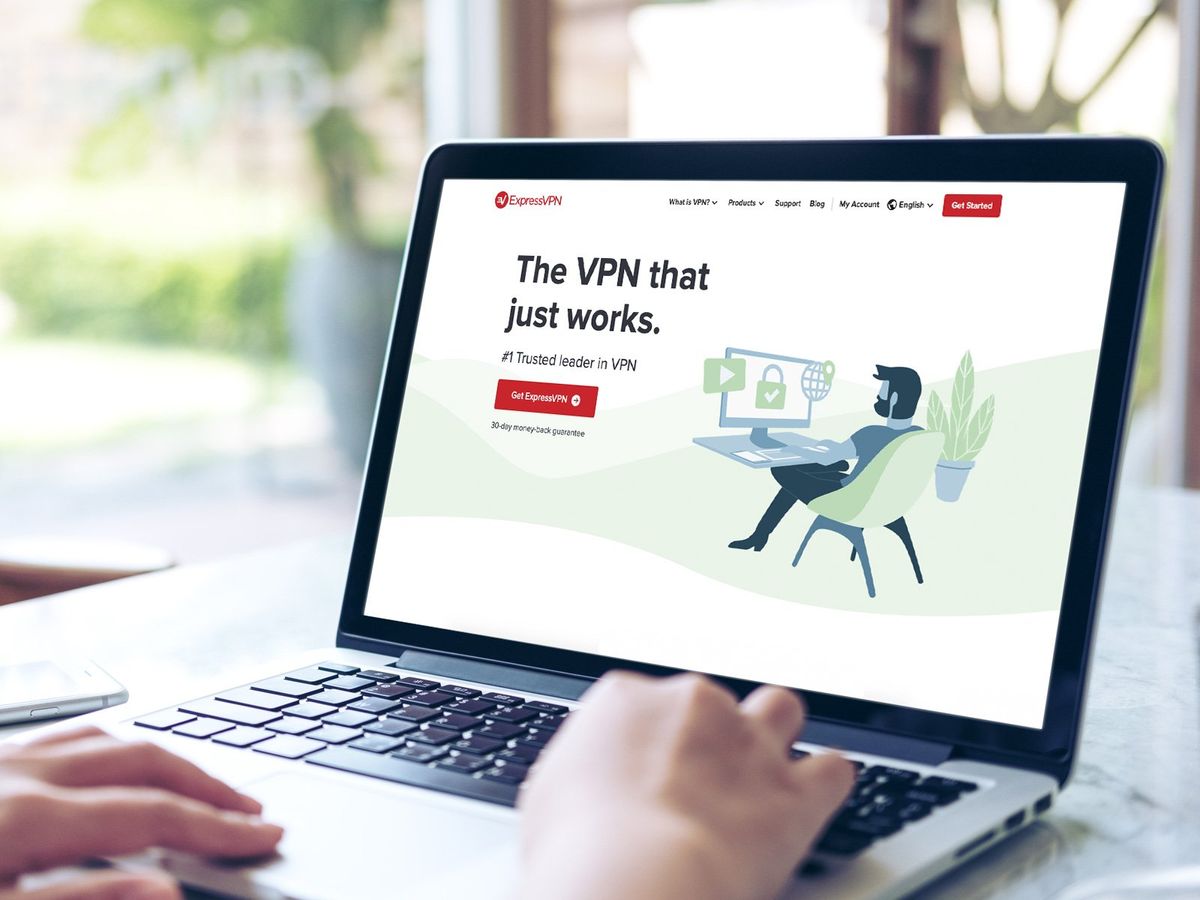Home>Software and Apps>VPN: Unveiling the Downsides


Software and Apps
VPN: Unveiling the Downsides
Modified: September 5, 2024
Discover the drawbacks of software and apps with our comprehensive guide to VPN downsides. Learn how to navigate potential pitfalls and make informed decisions.
(Many of the links in this article redirect to a specific reviewed product. Your purchase of these products through affiliate links helps to generate commission for Techsplurge.com, at no extra cost. Learn more)
Table of Contents
Performance Issues
Latency and Slow Speeds
Connecting to a VPN often results in slower internet speeds. Data gets routed through an intermediary server, introducing latency. This slowdown becomes noticeable during high-speed activities like streaming or online gaming.
Geographical Distance
The distance between your device and the VPN server impacts performance. Servers far from your location increase latency, leading to slower speeds and potential disconnections. This frustrates users needing stable, fast internet.
Security Risks
Data Leaks
VPNs are not foolproof. Compromised VPN services or weak encryption can lead to data interception by third parties. This is particularly concerning for users transmitting sensitive information like financial details.
Lack of Transparency
Some VPN providers do not disclose their logging policies or monitoring extent. This lack of transparency makes it difficult to trust the provider, crucial for maintaining online security.
Legal Concerns
Regional Regulations
Using a VPN can raise legal concerns in regions with strict internet regulations. Some countries prohibit VPN use to bypass censorship or access geo-restricted content. Circumventing these restrictions could break the law.
Compliance Issues
Some VPN services may not comply with local laws, leading to legal repercussions for both users and providers. Understanding the legal implications in your region is necessary before subscribing.
Cost and Pricing
Premium Services
Many premium VPN services come with a price tag. Costs can add up quickly, especially if using multiple devices or requiring advanced features like simultaneous connections or dedicated IP addresses.
Additional Features
Some providers charge extra for features like ad-blocking, malware protection, or specialized servers. This can make the overall cost higher than anticipated, especially for budget-conscious users.
Privacy Concerns
Data Collection
Not all VPN services enhance online privacy equally. Some providers collect user data like IP addresses or browsing history, compromising the purpose of using a VPN.
Lack of End-to-End Encryption
Some services may not use end-to-end encryption. Even if data is encrypted during transmission, it could still be accessed by the VPN provider, undermining security benefits.
Server Quality and Reliability
Maintenance Issues
Poorly maintained servers lead to frequent disconnections, slow speeds, and technical issues. This frustrates users relying on VPNs for critical activities like remote work or online education.
Server Network Robustness
Some services lack a robust server network, resulting in overcrowding and slower speeds, especially during peak usage hours when many users connect simultaneously.
Customer Support
Inadequate Support Channels
Not all VPN providers offer reliable customer support. Some have unresponsive service teams or outdated FAQs, making it difficult to resolve technical issues or address concerns.
Compatibility Issues
Device and Platform Compatibility
Compatibility issues arise when using VPNs with different devices or operating systems. Some services may not work well with mobile devices or older OS versions.
Protocol Support
Some VPNs may not support multiple protocols, restricting functionality. For instance, a VPN supporting only OpenVPN and not WireGuard may not suit users preferring the latter protocol.
Logging Policies
User Activity Logging
Some providers log user activity, compromising anonymity and security benefits. Choosing a provider with a clear no-logs policy ensures data is not monitored or stored.
Legal Pressure
Even with a no-logs policy, providers could be forced to disclose user data under legal pressure, posing a risk to user privacy.
Malware and Adware Risks
Bundled Software
Some VPN services bundle additional software like adware or malware with their installation. Adware leads to unwanted advertisements and tracking, while malware can cause severe issues like data breaches or system crashes.
Reviewing Terms
Carefully review the terms of service and installation process to ensure no malicious software is included.

